Norwescon Report — Near-Future Political Science Fiction
Social change is an important issue for me when I’m writing science fiction. When I look at emerging technologies and science research, I ask myself: What’s going to be the social fall-out from these technologies? How will they affect the way humans interact with one another?
So I was pleased to take part in a panel discussion at Norwescon 37 in Seattle on Near-Future Political Science Fiction. My first thoughts were: What counts as ‘near-future’? Does a story need to be overtly political? And, can I include a story in this particular niche if the setting is ambiguous? I reminded myself of the mantra from 60s feminism: ‘The personal is political.’
For me, a near-future novel is one set in the 21st Century. And ‘near-future’ probably implies Earth-based scenarios.
Of course, the attraction of near-future political SF is simple. It gives writers the opportunity to examine current issues, and cast forward in time. By doing so, a work of fiction might inform the debate on current avenues of scientific and technological research. Scientists rarely make predictions so it’s often left to writers to imagine future scenarios. In fact some corporations now employ literary futurists to write short stories about the imagined impact of their new technologies. Strange but true!
I put together a ‘favourites list’ with Susan DeFreitas, a US writer and developmental editor, who also took part on the Norwescon panel. We’ve included some science fiction novels where the political background is not spelled out. As Susan pointed out when we met for coffee before the panel discussion, ‘Science does not occur in a vacuum!’ If you would like to delve into this niche of science fiction, this short list provides a starting point. It’s a broad sample so you should find something you like.
Most overtly political
1984 by George Orwell
The City and The City by China Miéville
Little Brother by Cory Doctorow (Young Adult/Adult)
The Fifth Sacred Thing by Starhawk
Intrusion by Ken MacLeod
The Handmaid’s Tale by Margaret Atwood
Anthem by Ayn Rand
Bend Sinister by Vladimir Nabokov (dystopian rather than SF)
Near future settings, less overtly political:
Maddaddam Trilogy by Margaret Atwood
The Flood by Maggie Gee
The Wind Up Girl by Paulo Bacigalupi
A Visit From the Goon Squad by Jennifer Egan (last section of the novel)
Pattern Recognition by William Gibson
Never Let Me Go by Kazuo Ishiguro.
And my own novel, A Calculated Life, would fall within the second list. As a dystopian novel it is inherently political!
Happy reading!!



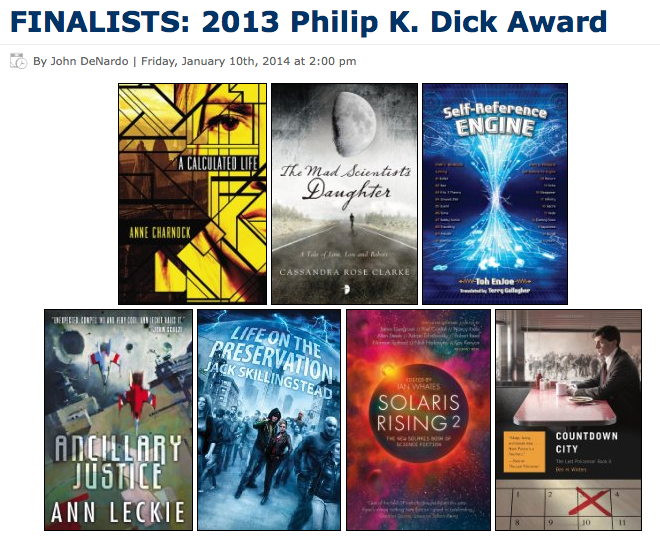
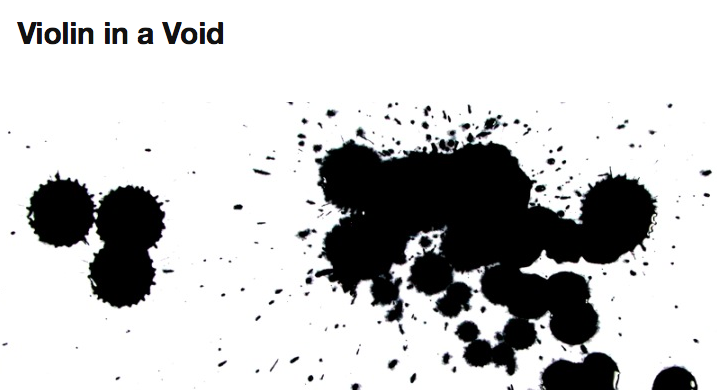
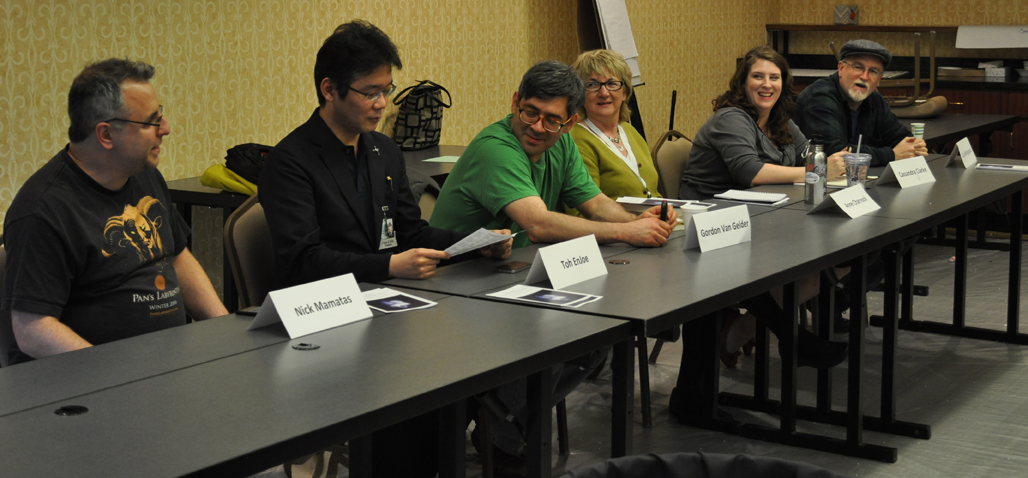
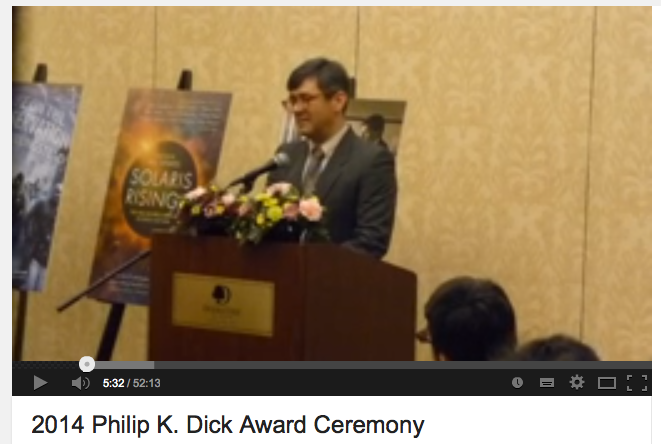
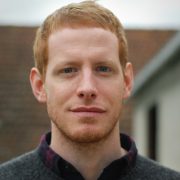

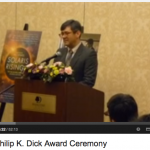
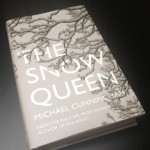
Leave a Reply
Want to join the discussion?Feel free to contribute!